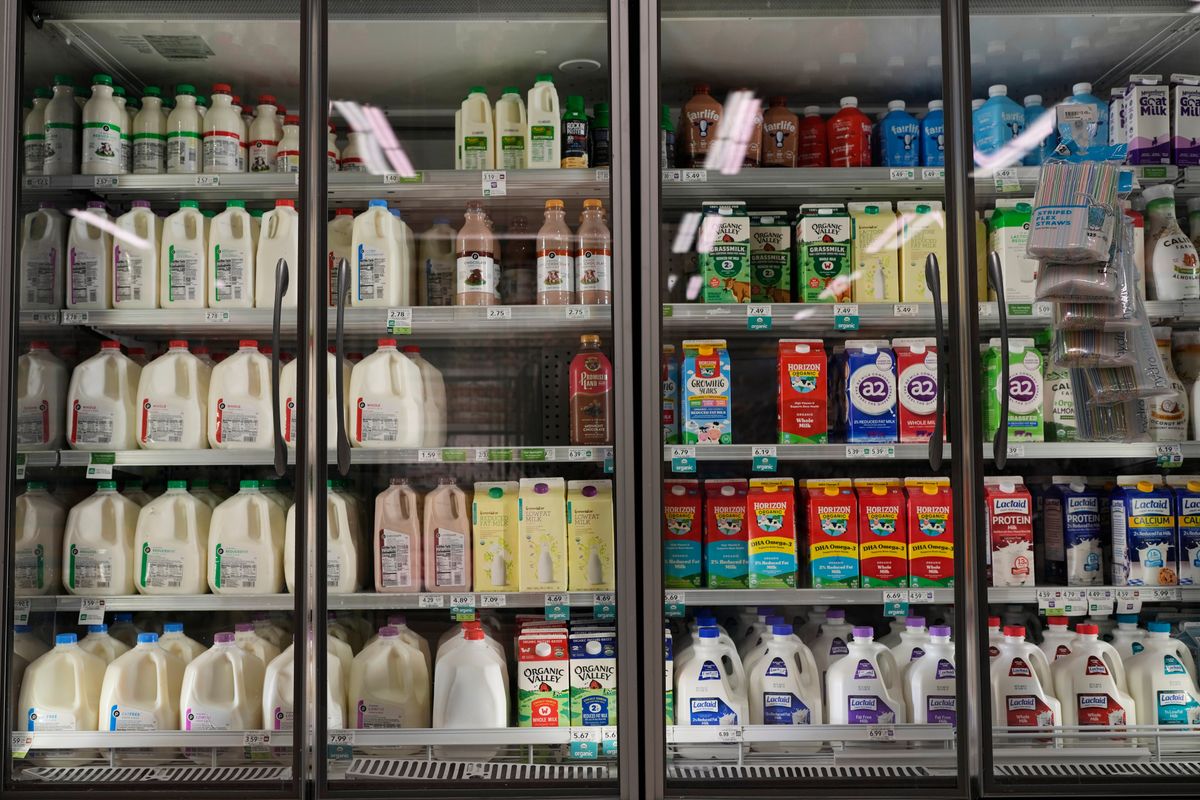Researchers at Yeungnam University in South Korea have made a groundbreaking discovery by repurposing chicken fat into carbon-based electrodes for supercapacitors. These supercapacitors store energy efficiently and can power LEDs, offering a cost-effective and environmentally friendly solution to energy storage.
The team’s innovative method of converting waste chicken fat into carbon-based materials has the potential to revolutionize the production of commercial energy storage devices. Their research, published in the journal ACS Applied Materials & Interfaces, highlights the ease and intelligence of creating new carbon-based materials from discarded items.
The need for affordable storage solutions has become increasingly urgent as the demand for renewable energy continues to rise worldwide. With excess energy production, efficient storage methods are essential to harness the benefits of renewable energy sources. By utilizing readily available carbon compounds like graphene, the researchers were able to develop high-performance storage devices without the high costs and environmental impact associated with traditional production methods.
The process of creating carbon nanoparticles from chicken fat involved treating them with a thiourea solution to enhance their electrical properties. When assembled into the negative electrode of an asymmetric supercapacitor, these carbon nanoparticles demonstrated exceptional performance, with high capacitance, durability, energy density, and power density.
The supercapacitor made using chicken fat-derived carbon nanoparticles showed a specific capacitance of 261 F/g, superior to conventional carbon nanoparticles, along with impressive rate capability and cycling stability. The device exhibited outstanding energy and power performance, highlighting the potential of using food waste as a sustainable source of carbon for energy storage solutions.
By showcasing the real-world application of their supercapacitor, the researchers illuminated the benefits of repurposing chicken fat for energy storage. This innovative approach not only offers a greener alternative for energy storage but also contributes to the advancement of eco-friendly energy solutions.
Overall, this study opens up new possibilities for utilizing food waste as a valuable resource in the quest for sustainable energy solutions. The novel supercapacitor developed from chicken fat signifies a significant step forward in the development of affordable and environmentally friendly energy storage devices.


